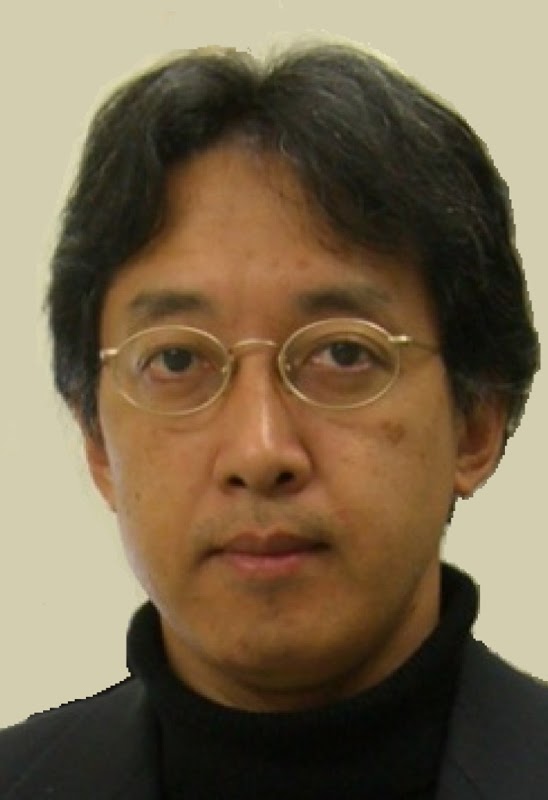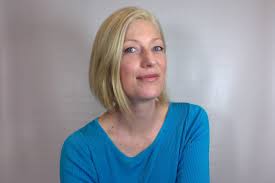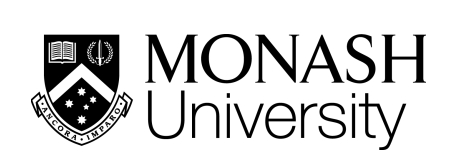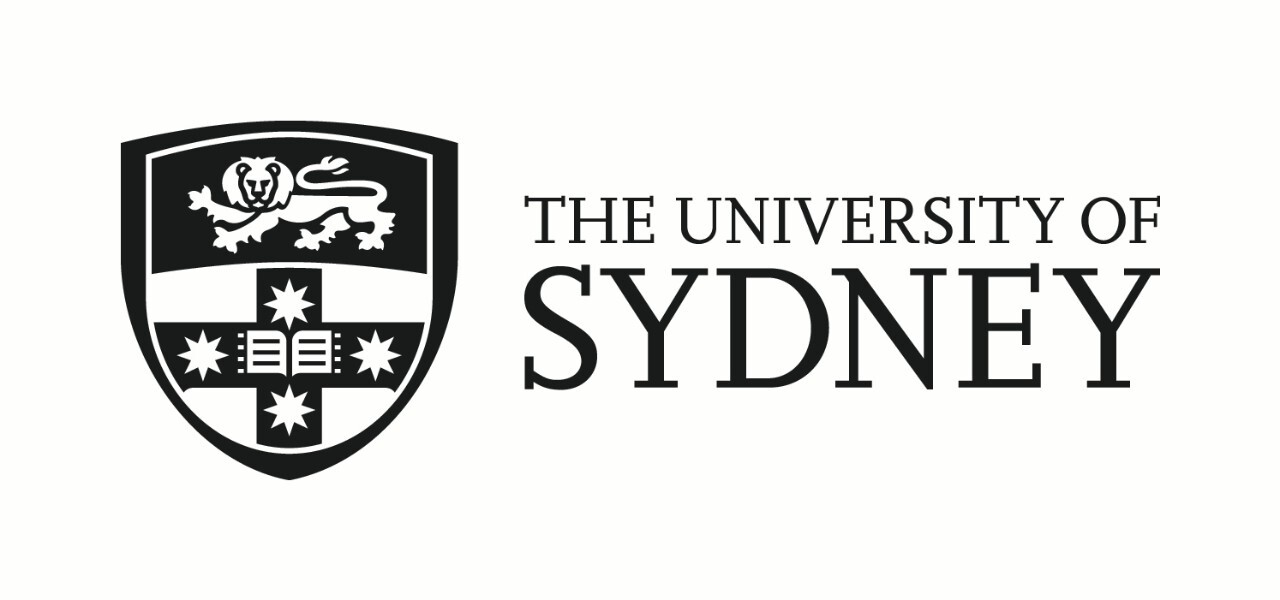Keynote
Skill Acquisition and Transfer Systems with AI and XR for Augmented Human
Abstract: As AI has advanced significantly and begun to surpass human capabilities, the importance of human augmentation technologies to enhance human abilities has increased. Among these, skill acquisition support not only streamlines the acquisition of advanced skills by experts in various fields such as sports and music, but also contributes to the pursuit of well-being through hobby acquisition for the general public. In this presentation, we will introduce the skill acquisition support system that we are currently researching and developing. By incorporating the latest AI and XR technologies, we aim to liberate users from complex measurement environments, enable AI to explain core skills, and provide real-time intuitive feedback. Furthermore, I will discuss the ecosystem made possible by the democratization of skill acquisition support systems.

Prof. Hideki Koike
Short Bio:Hideki Koike is a professor at the School of Computing, Tokyo Institute of Technology, Japan. He received his B.E., M.E., and Dr. Eng. degrees from the University of Tokyo in 1986, 1988, and 1991, respectively. After working at the University of Electro-Communications, Tokyo, he joined the Tokyo Institute of Technology in 2014. His research interests include vision-based human-computer interaction, human augmentation, information visualization, and usable security.
Augmented Astronaut Survival
Abstract:As humanity confronts the escalating complexities of space exploration, the development of innovative methodologies tailored to augment humans in the lunar environment is essential. This keynote posits a transformative framework for experimental approaches in space survival, particularly for the Artemis missions, through creative engagement and inventive brainstorming. It takes a participatory "research-through-performance," scenario approach to probe the intricate tapestry of scientific, engineering, and cultural challenges that future lunar missions will inevitably face. The early NASA Moon Survival Task, initiated before the Apollo landings, provided insights into team-think dynamics and decision-making under duress, ensuring its relevance and use for over 50 years now. However, the rudimentary survival kit contents are mismatched with the intricate realities of forthcoming lunar expedition technology, interactions, and protocols. Therefore, I present a newly re-imagined scenario — "How to Survive on the Moon: The Artemis Edition" — a mission enriched with exponential technologies and speculated systems, including immersive virtual environments, bio-regenerative life-support, adaptive smart suits, personalised medicine, and 3D additive manufacturing. Today's challenge is again more than updating the toolkit; it primes the augmented human community for the nuanced demands of space and ignites a focus on emergency preparedness. Seeking new ways of collective brainstorming for the reconceptualization of resource management and resourcefulness remains critical. Ultimately, asking important questions about what Augmented Astronauts need, seeks to support the next generation of lunar explorers—empowered today by global transdisciplinary collaboration, equipped with transformational technologies, and critically prepared to thrive in the Artemis era.

A/Prof. Sarah Jane Pell
Short Bio:Sarah Jane Pell is an Associate Professor of Future Interfaces at Monash University, Australia. She is also a Chief Investigator of an ARC-funded Discovery Project into the Design supporting Aquatic Performance in Human-Computer Interaction, or WaterHCI, with the Exertion Games Lab. Previously she held a joint adjunct appointment across the Monash Faculty of Engineering, Office of the Engineering Dean, and Monash Faculty of Art, Design and Architecture [MADA], and Artist in Residence of the Monash Immersive Visualisation Platform [MIVP]. Sarah Jane has served as a vice-chair of the International Astronautical Federation (IAF) Technical Committee for the Cultural Utilisation of Space (ITACCUS), and co-chair of the European Space Agency (ESA) Topical Team for Art & Science (ETTAS). She earned her Bachelor of Fine Arts degree at the Victorian College of the Arts (VCA), Melbourne University, AU, her degree of Master in Human Movement, from Victoria University, AU, and graduate certificates in Space Life Sciences, from the International Space University, FR, and Suborbital Mission Operations, Embry-Riddle Aeronautical University, US. She read for her PhD at the Live Art Unit, at Nottingham Trent University, UK, and WAAPA and SOCA at Edith Cowan University, AU. In 2007, MIT Leonardo LABS awarded her PhD work proposing 'Aquabatics as new works of Live Art' as the 'Best PhD Art & Science'. Dr. Pell is also an internationally recognized artist and ADAS occupational diver. Principal/Founder of the Aquabatics Research Team initiative (ARTi) 2002-2012, her practice has redefined human performance underwater. By pioneering aquatic arts and gaining unique insight into subsea habitability, Pell successfully led the 2006 ISU-NASA project Luna Gaia: Closed-Loop Habitat for the Moon. She has participated in, designed, and led international analogue mission simulations including MDRS Crew 188, LunAres III SPECTRA, and MAU NEPAL-01. As an elite athlete, she has won multiple world championships, and combining her mission, vision, and passion, she attempted to summit Mt. Everest as an arts-led space analogue, reaching beyond Base Camp, only to survive the deadly 2015 Gorkha Earthquakes. Pell has served as the undersea simulation astronaut for Project MOONWALK: European Human-Robotic Cooperation Lunar Analogue Trails, Marseille, FR, and has tested IVA Spacesuits in Flight, as a Bioastronautics Researcher, for Integrated Spaceflight Services, US, and Project PoSSUM: Polar Suborbital Science in the Upper Mesosphere. Artworks include launching poetic and technical Space Art Payloads, Moon-Earth-Moon transmissions, and terrestrial mixed media exhibitions, museum artefacts and live or immersive performances. The Australia Council have recognised Pell as an Arts Leader and awarded her the highest individual Fellowship for Performing Astronautics. Associate Professor Pell sees our future living simultaneously underwater and in space by evolving existing biomes in both immersive and expansive ways. International honours include being the first Australian awarded a TED Fellow, US, and Gifted Citizen, Global.




